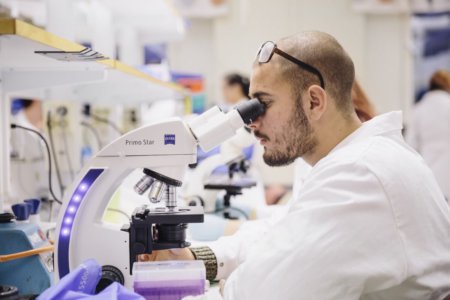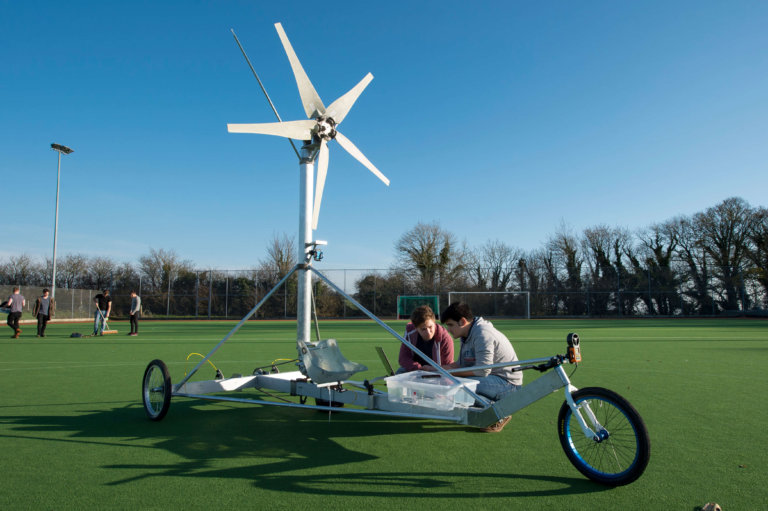
As our lives become more digital, spurred by Industry 4.0 and now, the constraints brought upon by COVID-19, the “new normal” now means almost everything is now done online — from corporate jobs and school curricula to home tours and grocery shopping.
While the pandemic has given employees the opportunity to upskill or reskill, it has also encouraged businesses to revamp their digital strategies and find new business streams. With the speedy development of technology comes pressing challenges involving the adoption and adaptation to these advancements.
This paradigm shift requires engineers to get broader multidisciplinary training, continuing to develop and update their professional knowledge even after they’ve gained their Ir. title. Below are some of the highly esteemed engineering schools that provide exactly what the future ordered:
University of Sussex
In times of crisis, when companies are focused on cutting expenses, automation may not be a priority. If there’s anything the pandemic has shown us, however, it’s that automation matters. A 2018 working paper by the OECD found 210 million jobs are at risk across the 32 countries in the study. It’s now 2020, with further advancements in technology — and a pandemic in tow. For engineering graduates from the University of Sussex, this is not an omen of machines robbing their future livelihoods — it’s a statement of opportunity.
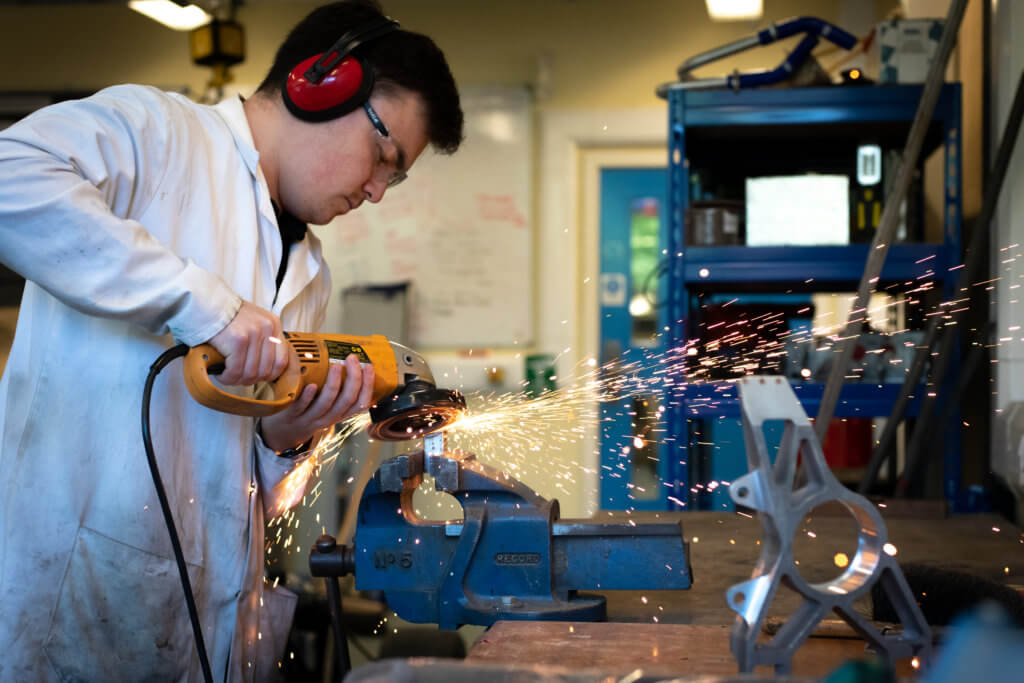
Source: University of Sussex
It’s not mere overconfidence that’s behind this. Sussex graduates draw strength from their degree, even long after they’ve left campus. In particular, from the multidisciplinary nature of their educational experience. Sussex is one of the few general engineering departments in the UK to offer degrees in Mechanical Engineering, Automotive Engineering, Electrical/Electronic Engineering and Product Design. Students work in classes and projects mixed from several academic disciplines. From early on, they gain valuable insight on how to work with peers from different degrees and various walks of life — a fundamental building of soft skills that is hard for robots to replicate and which will serve them well in an increasingly globalised world.
Another factor is accreditation. This process ensures institutions of higher education meet acceptable levels of quality and are always self-improving. The Electrical and Electronic Engineering, Mechanical Engineering and Automotive MEng degrees (including the Industrial Placement and Robotics options) here are accredited by the Institution of Engineering and Technology (IET) or the Institution of Mechanical Engineers (IMechE) respectively. Strong links with industry further benefit both master’s-level and PhD research projects and enhance graduates’ employment opportunities.
In the Times Higher Education World Ranking 2021 by Subject, the Department is ranked joint 17th in the UK for Engineering and Technology. It was also ranked 17th and 32nd globally for International Outlook and Citations respectively. As Head of Department Dr Romeo Glovnea says, “There is nothing higher on our agenda than to make sure that you will receive the best knowledge and skills which will make you highly employable and ready to face your professional career as engineers or product designers.” The Department offers several master’s degrees, including 5G Mobile Communications and Intelligent Embedded Systems; Advanced Mechanical Engineering; Advanced Electric and Electronic Engineering; Robotics and Autonomous Systems; as well as an Engineering PhD. Apply here.
University of Manchester
From engineering a new form of landmine detection to improving the environmental sustainability on campus, University of Manchester’s Faculty of Science and Engineering continues to strive for social responsibility.
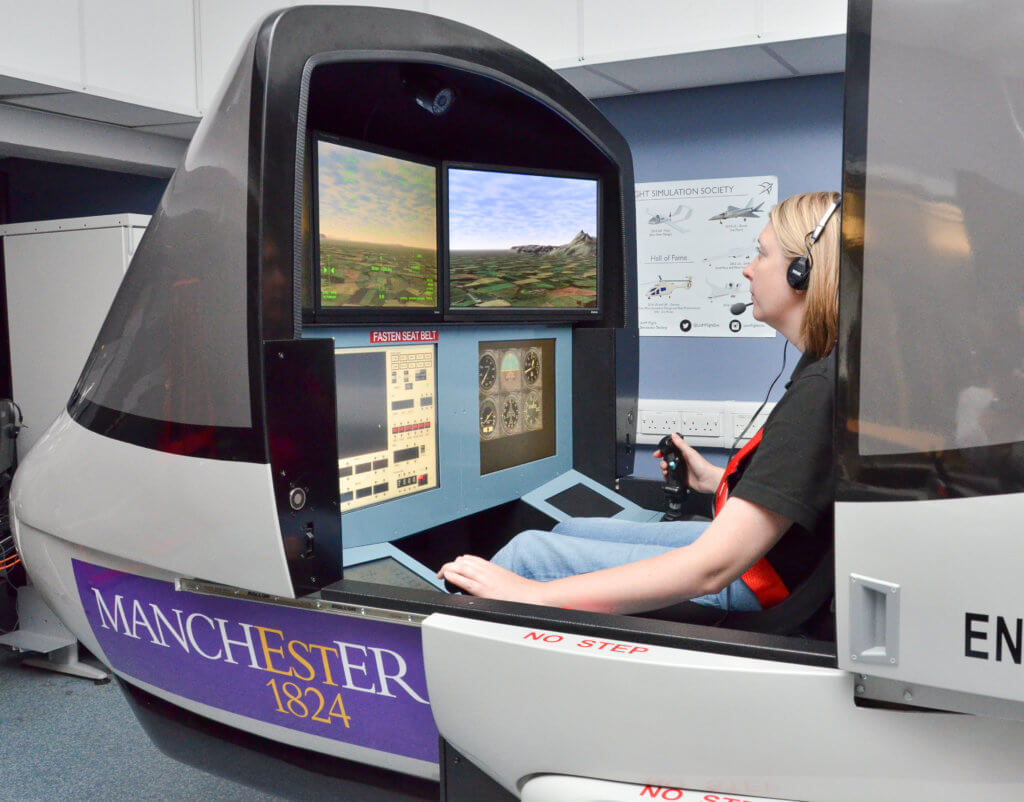
Source: University of Manchester
As shown by the results of the Research Excellence Framework (REF) in 2014, and by the award of the 2010 Nobel Prize for physics to two of its professors, Andre Geim and Konstantin Novoselov, it is with no doubt that the research conducted at University of Manchester is world-leading.
The University of Manchester Aerospace Research Institute (UMARI), Dalton Nuclear Institute, Henry Royce Institute, Manchester Institute of Biotechnology and The Photon Science Institute are amongst the many research centres here, exploring fields such as photon science, electrical energy distribution systems, nuclear science and technology, tissue engineering, and alternative energy sources.
Alice Larkin, Professor of Climate Science and Energy Policy (Tyndall Manchester) Department of Mechanical, Aerospace and Civil Engineering, has been publishing studies on how to tackle CO2 reduction in shipping, aviation and food-systems. She also made major contributions to the development of the UK’s Climate Change Act, and influenced the inclusion of aviation within the EU’s Emissions Trading Scheme.
Technical University of Munich
2019 saw many interesting developments in the space of renewable energy, and Europe continues to advance as an attractive market for corporate power purchase agreements, atrend that will only speed up in 2020. The Munich School of Engineering at the Technical University of Munich focuses on renewable energies, electromobility, energy generation, energy storage, power plant technologies and energy efficiency in the construction industry — basically everything to do with energy.

Source: Shutterstock
On a budget? Here’s some good news. There are no tuition fees at TUM – students only need to pay the semester fees that consist of a Student Union Fee and a basic Semesterticket for the public transportation network. Yet, don’t mistake low fees as a compromise of teaching quality here — the school has produced several award-winning graduates. Dr. Peter Keil, former PhD student at TUM recently won the Bavarian Energy Award 2020 in the category “Energy Research – Promoting Young Scientists”.
In addition to the teaching and research offerings here, graduate Jana Knode also liked the strong emphasis on practical application at TUM. “The close cooperation with the industry at TUM makes it possible to apply the acquired theoretical knowledge in order to solve actual practical challenges,” she says. Today, she is a management consultant for a Porsche subsidiary and regularly draws on her broad spectrum of knowledge gained here.
University of Warwick
We’ve been hearing about AI’s disruptive capabilities for a while now. In 2020, it has now hit the mainstream. From facial recognition to intelligent routing and voice assistants like Siri and Alexa, it is already part of the norm. The University of Warwick’s School of Engineering attracts students that are drawn to the applications of science to create, innovate and dive deeper into the world of AI or any technological advancement contributing to the Fourth Industrial Revolution.
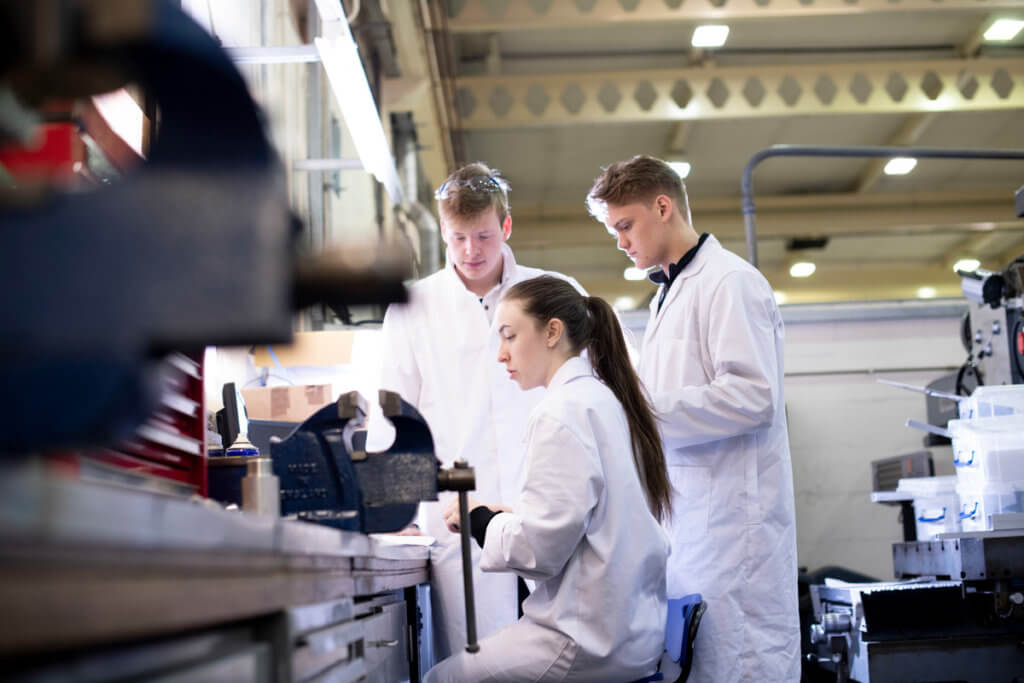
Source: University of Warwick
Warwick’s School of Engineering comprises four, individual discipline streams that all work together to offer a general (combined) experience to undergraduate students, who then choose to specialise in one of the streams — Mechanical Engineering, Civil Engineering, Electrical and Electronic Engineering, or Systems Engineering.
“I had the opportunity to conduct truly exciting and challenging research while surrounded with top class researchers which added a huge amount of value to my career and is something I am very grateful to have experienced,” said alumnus, Ben Harris. “Currently I work for Rolls-Royce as a Thermofluids Engineer where I was able to come in as a Direct Entrant, enabling me to skip the standard graduate scheme path taken by most. Without my experience at Warwick, I would not have the job I currently hold,” he added.
*Some of the institutions featured in this article are commercial partners of Study International








